Share This
Videos and Photos7 April 2016
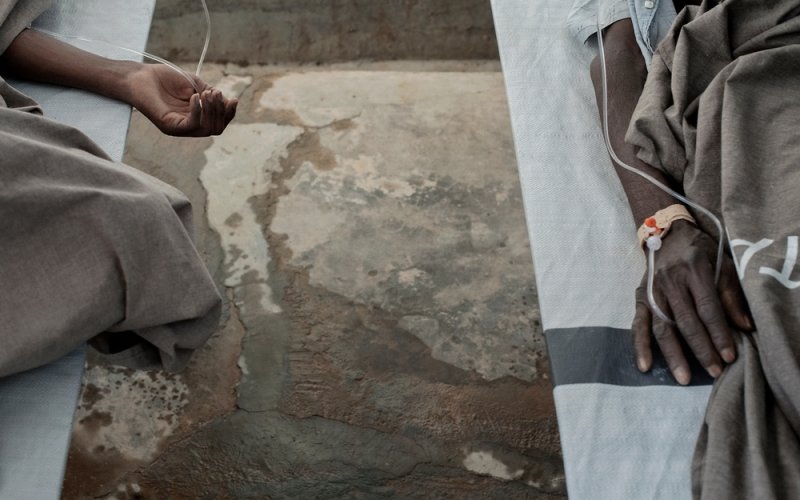
A cholera outbreak that began in February 2015 has sickened more than 7,400 people in Mozambique. One-third of them received treatment in the Doctors Without Borders/Médecins Sans Frontières (MSF) Tete city cholera treatment center (CTC). Photo: Luca Sola
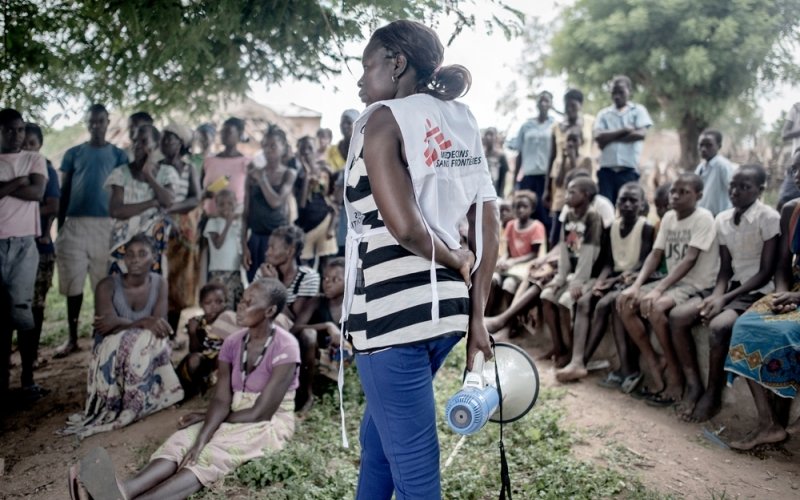
In Dégué village, MSF counselor Gabriela Fernando explains how to avoid contracting cholera, and the procedures to follow if symptoms develop. Photo: Luca Sola
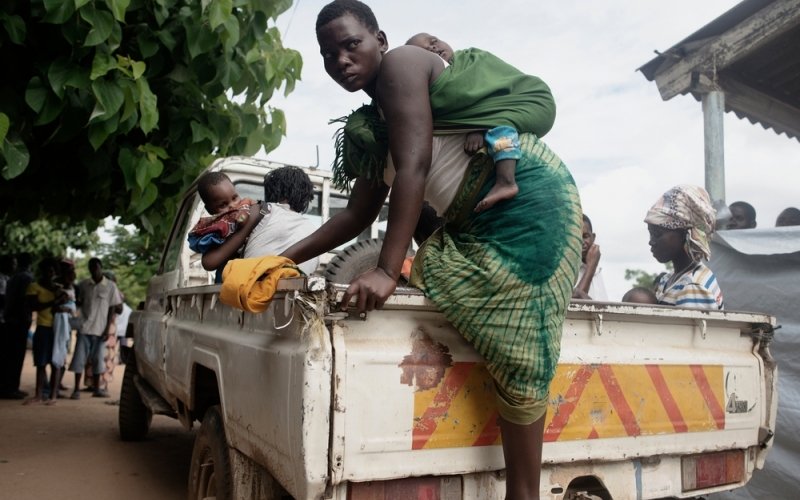
Early in the morning, Jacinta Fernando arrives at the Tete CTC with her 1.5-year-old son Midio. He developed symptoms during the night and is already in critical condition. Photo: Luca Sola
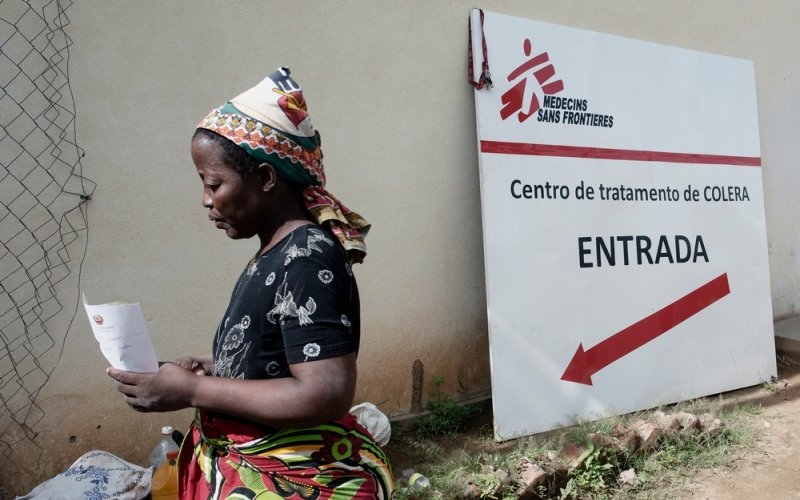
A woman arrives at the CTC to visit her husband, who is recovering from cholera. The disease is endemic in many parts of Mozambique, but Tete hasn't had an outbreak since 2009. Many people here haven't built up a resistance to the disease, putting them at greater risk of infection. Photo: Luca Sola
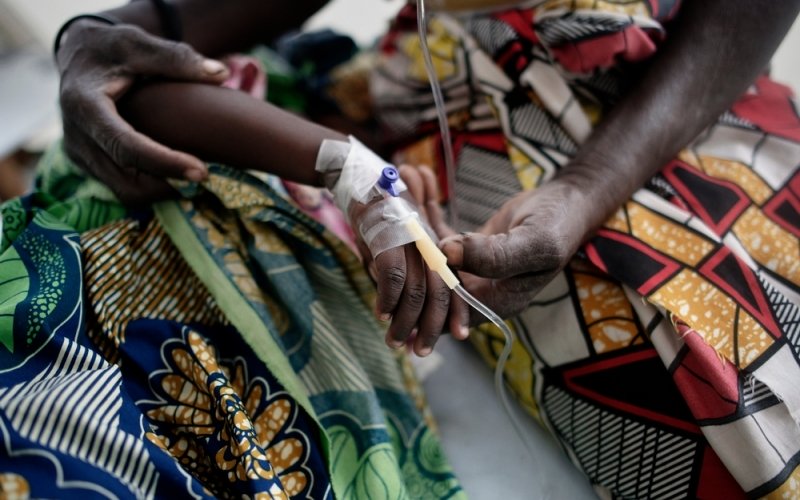
In the most severe cases, an adult can lose up to 20 liters of water in a day, which invariably leads to death. However, with proper rehydration treatment, mortality falls to less than 1 percent of severe cases. Photo: Luca Sola
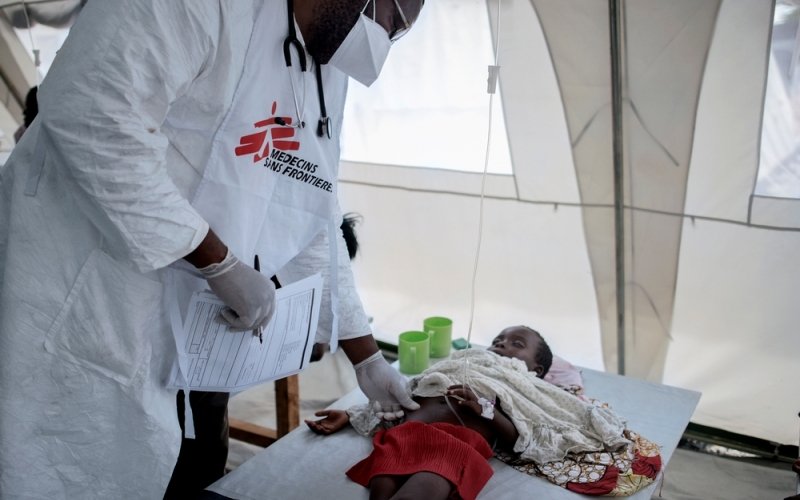
MSF doctor Claudio Machalela tends to a young patient at the Tete CTC. Photo: Luca Sola
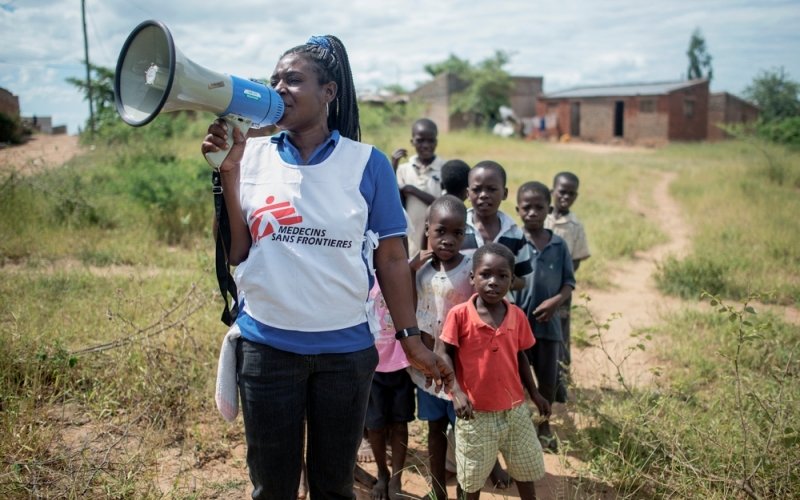
"People of Samora Machel! Protect yourselves from cholera!" says MSF counselor Ana Maria Jomaze. Community education is an essential component in responding to cholera. Photo: Luca Sola
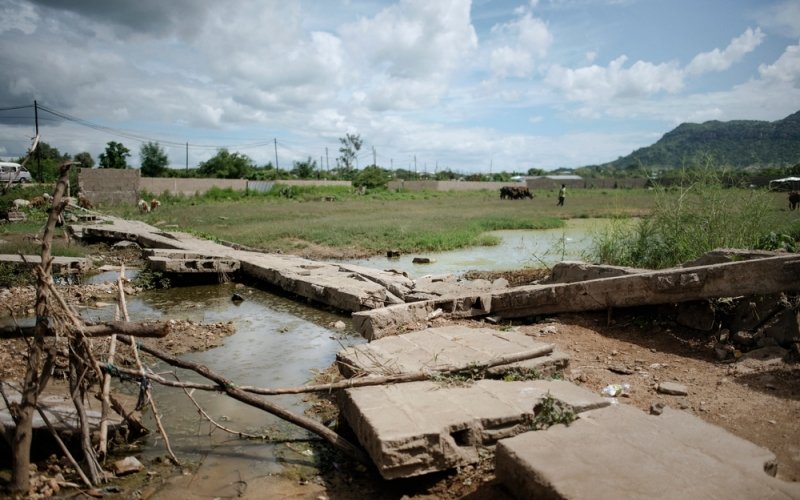
A recent mining boom around Tete caused an influx of tens of thousands of people from other provinces of Mozambique, as well as neighboring Malawi and Zimbabwe. However, provision of basic services could not keep pace with the increasing population. Photo: Luca Sola
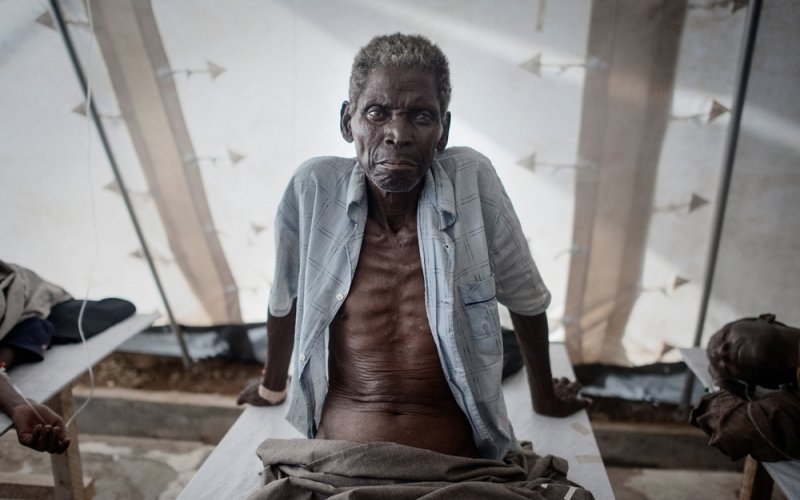
Seventy-one-year-old Daniel Bila is recovering from cholera. He comes from Samora Machel, one of the neighborhoods most affected by the outbreak sweeping through Tete region. Photo: Luca Sola
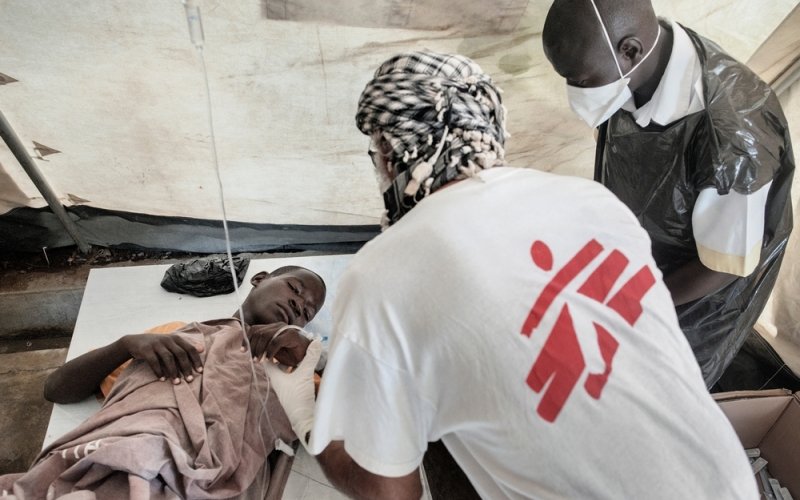
MSF field coordination manager Renato Souza checks on 18-year-old Manuel Rui, who just arrived at the CTC and received rehydration solution intravenously. Photo: Luca Sola
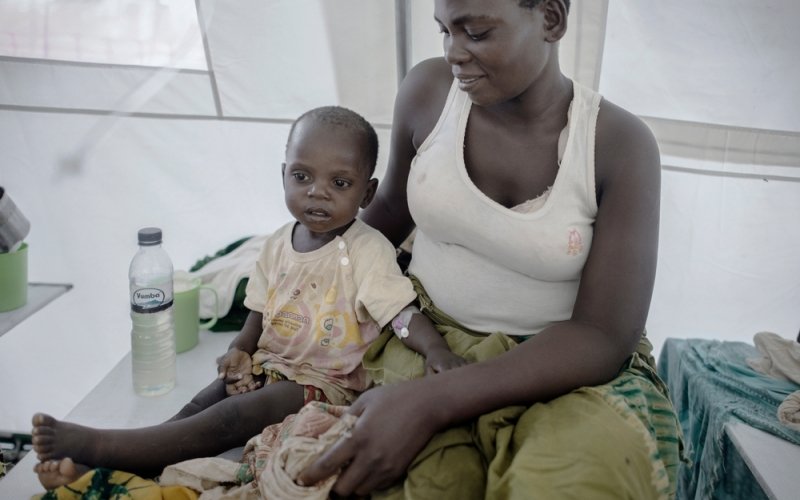
About eight hours after arriving at the CTC, Midio's condition stabilized thanks to the standard rehydration protocol and he was discharged a few days later. Children under five years old are particularly vulnerable to cholera. Photo: Luca Sola
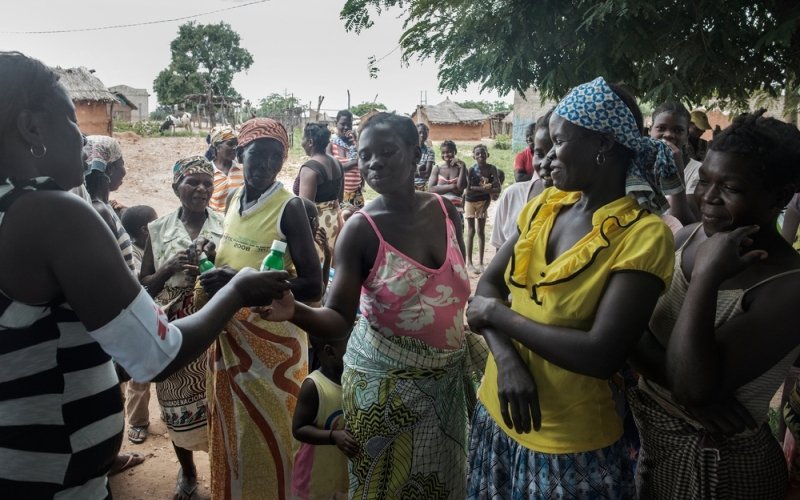
Gabriela distributes certeza, a chlorine solution used to treat drinking and cooking water to avoid infection. Photo: Luca Sola
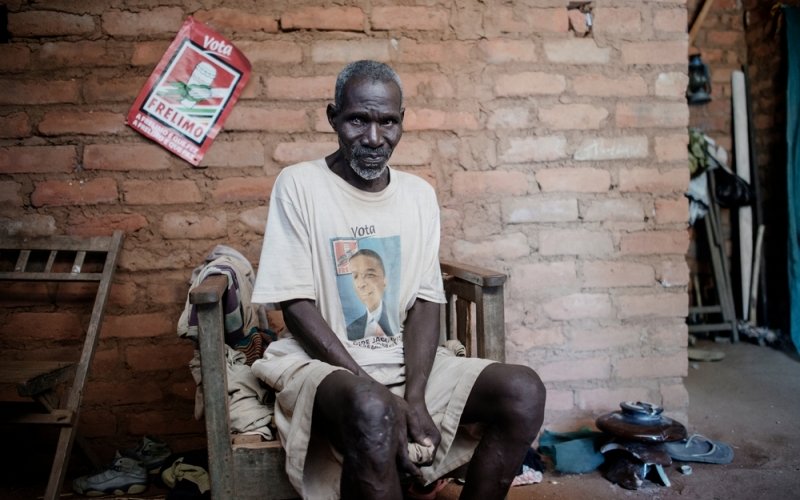
Seventy-seven-year-old Francisco Saene is weak after recovering from malaria. Two of the CTC’s patients live less than 50 meters from his home, but he says he’s not afraid. "I can’t afford to be frightened," he says. "If I get sick, there would be no one to take care of me. I can’t lose my head." Photo: Luca Sola
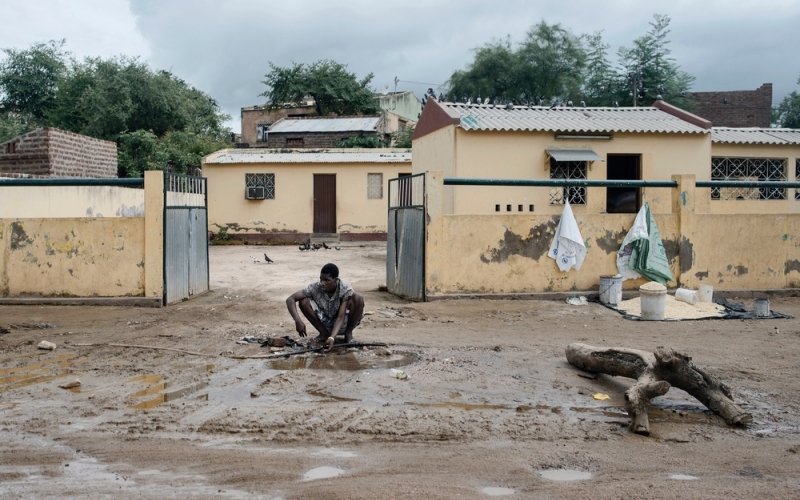
Cholera is transmitted through contaminated water. In Mozambique only 84 percent of the urban population, and just 37 percent of rural people, have access to safe sources of water. Photo: Luca Sola
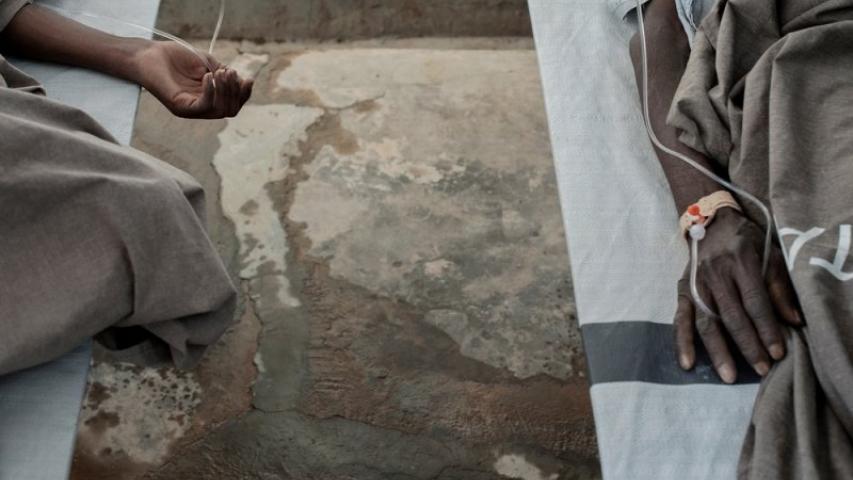
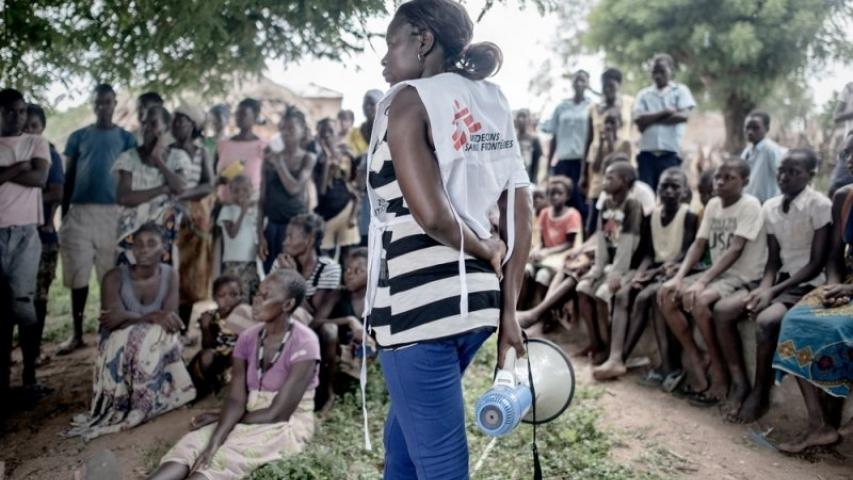
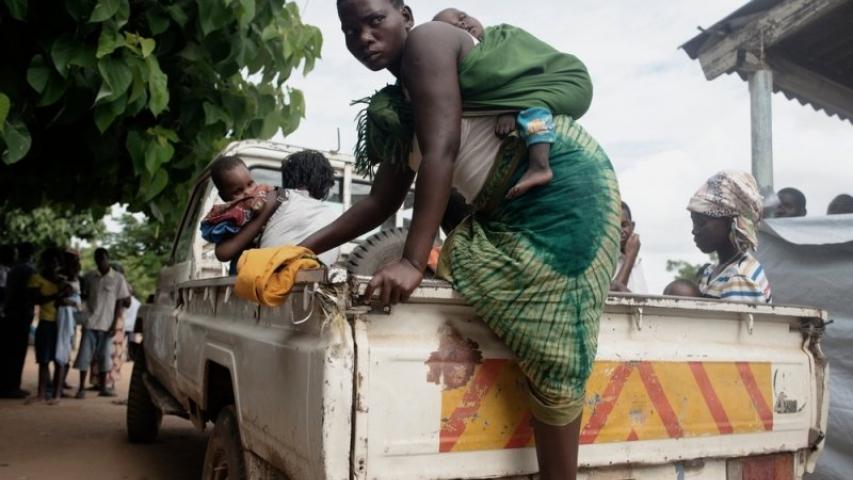
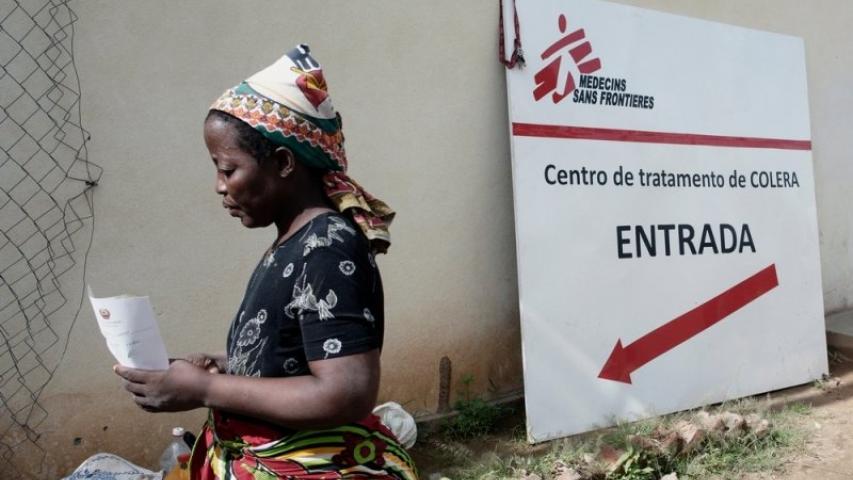
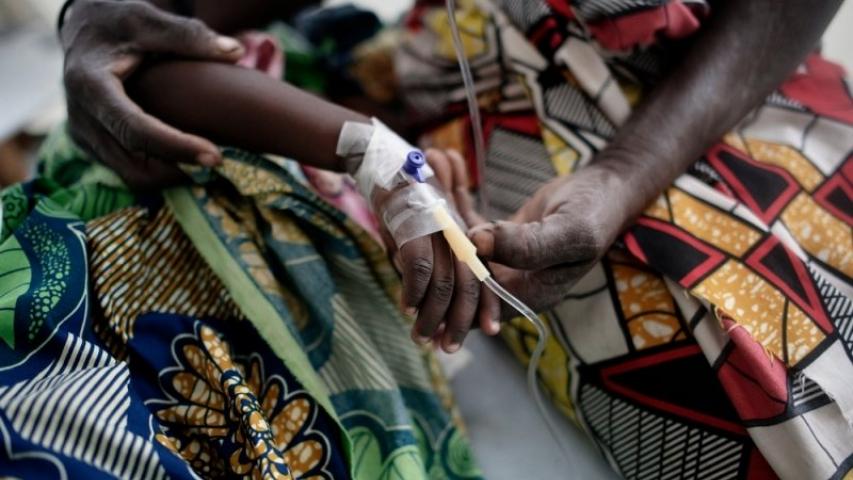
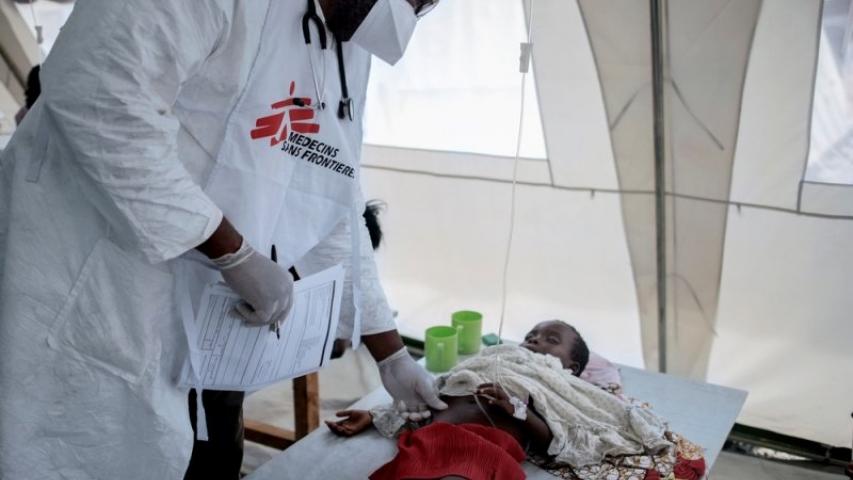
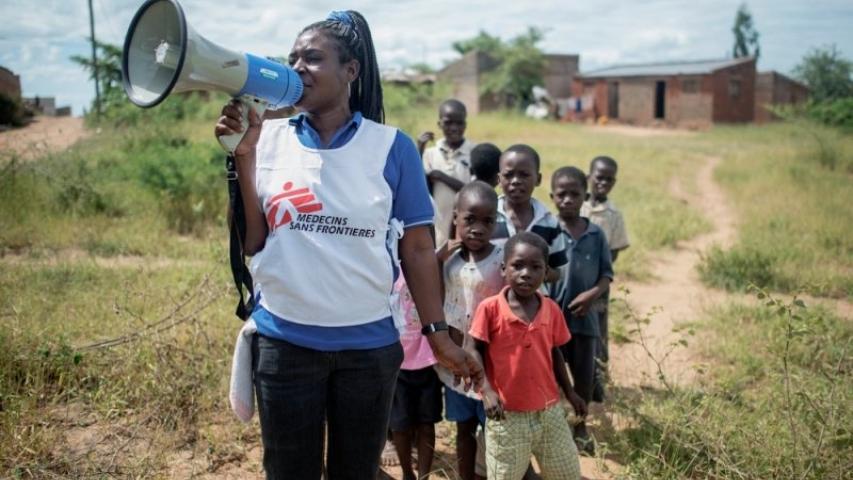
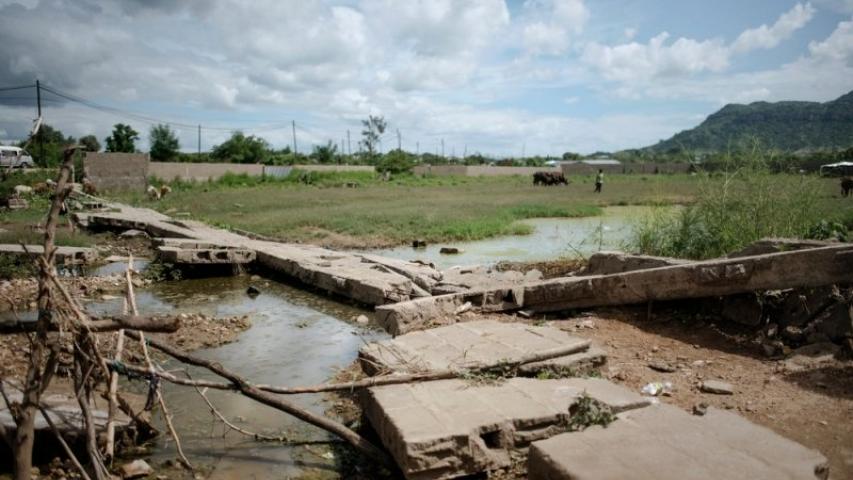
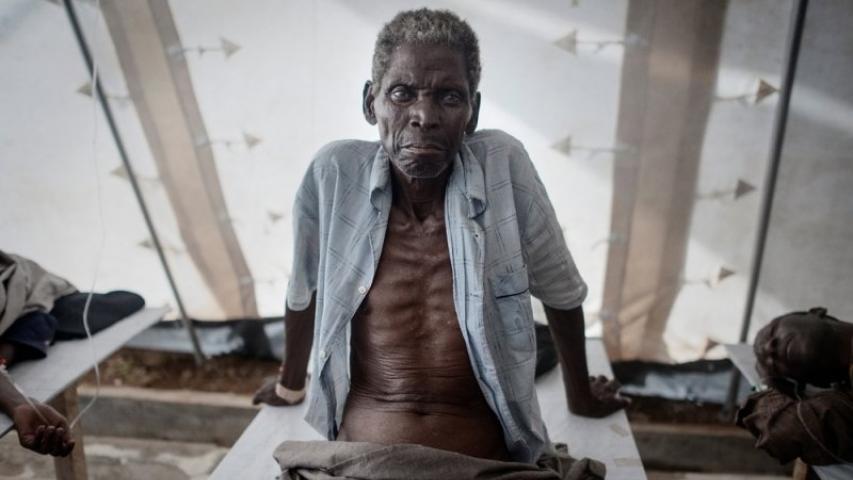
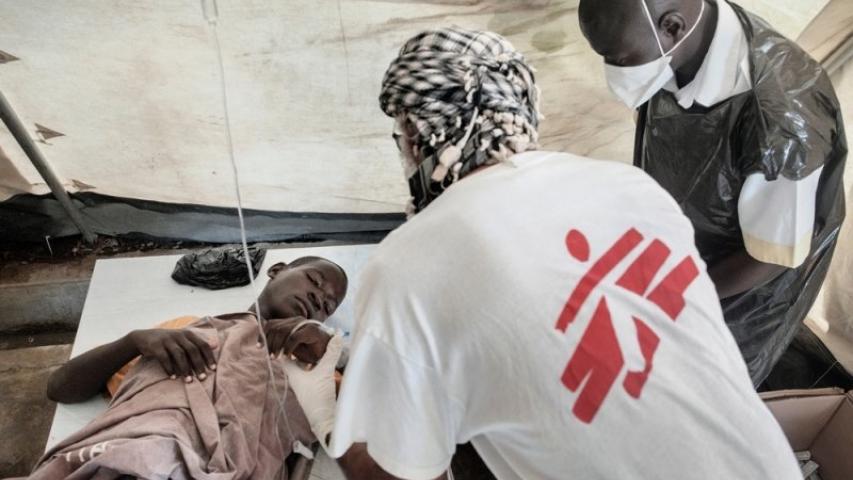
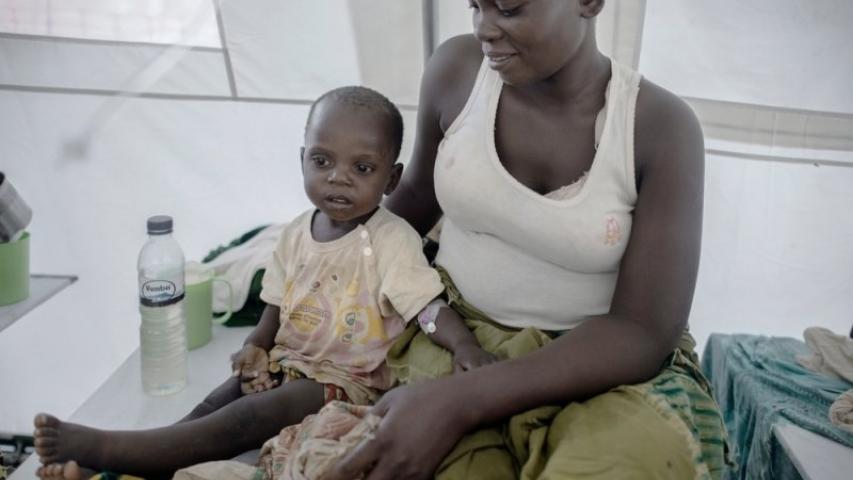
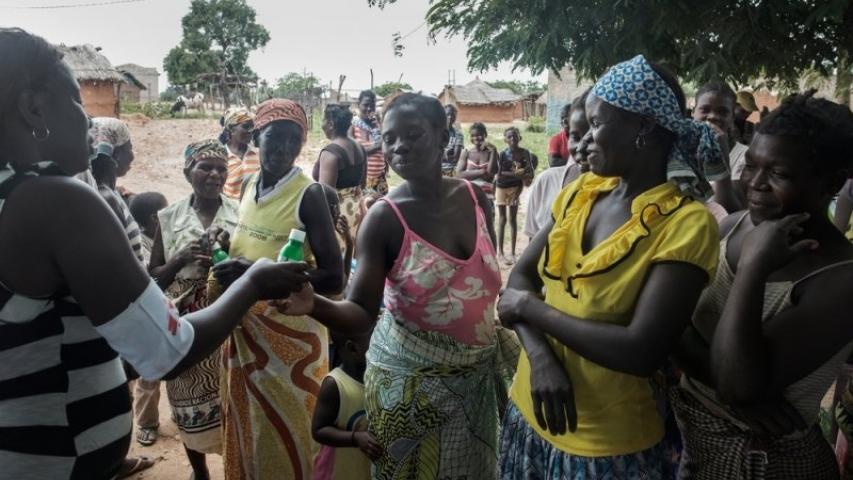
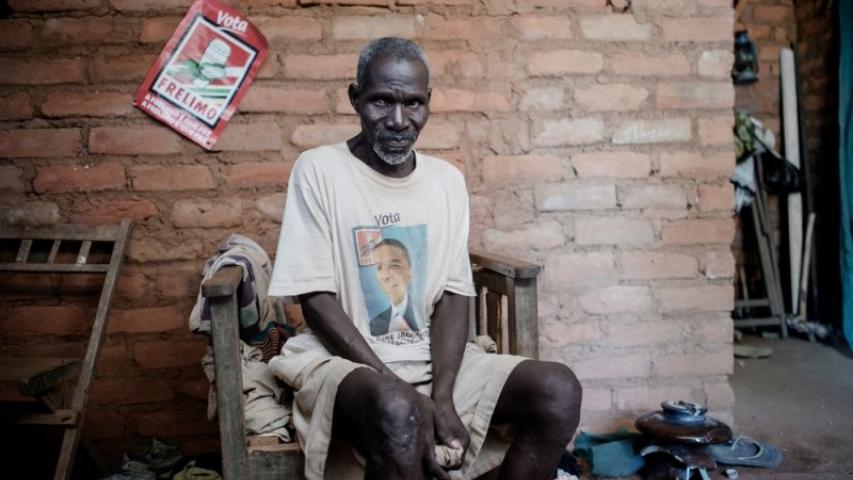
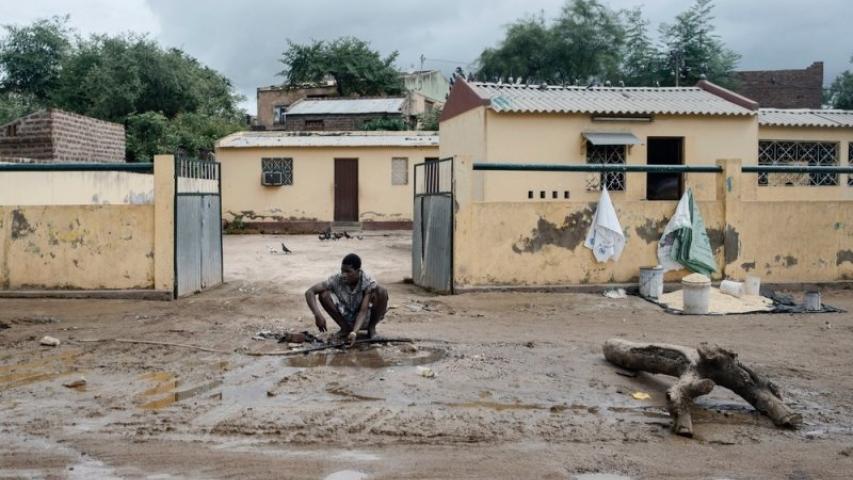
Doctors Without Borders (MSF) is supporting health authorities in Mozambique in tackling an outbreak of cholera, assisting with case management; health staff, including rapid response teams for surges in new cases; community education; and water and sanitation activities in affected areas.